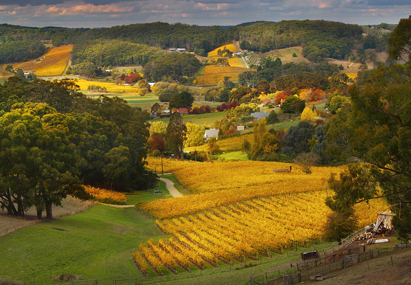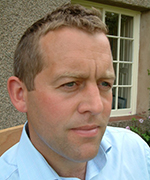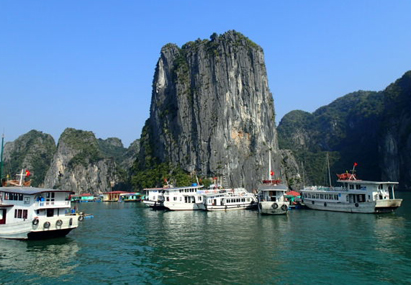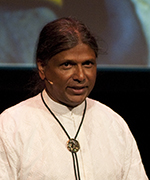UNESCO World Heritage Site status
 |
Is there opportunity for economic gain?
Wednesday 11 June
|
UNESCO World Heritage Site status: is there an opportunity for economic gain?
with James Rebanks (UK)
South Australia's Mt Lofty Ranges World Heritage bid could invigorate the state's tourism sector - offering visitors a unique and authentic cultural experience, as well as creating more jobs and boosting the economy.
An economic impact analysis indicates that the significant benefits are likely to be shared equally between businesses in the Adelaide CBD and those in the Barossa, Adelaide Hills, McLaren Vale and Fleurieu Peninsula.
James Rebanks (UK) examines World Heritage Sites across the world to discover how sites attract economic development. Rebanks' presentation will highlight what implications his findings might have for the food, wine and tourism economy of the City of Adelaide gateway, and the Mount Lofty Ranges region.
The lecture will give weight to the Mount Lofty Ranges World Heritage bid, proposed by six South Australian councils. If the bid is successful, up to 150,000 hectares from the Fleurieu Peninsula to the Barossa Valley will be protected and promoted globally for their cultural and agricultural assets.
This is the second in our series examining UNESCO World Heritage Sites – what makes a site unique, special and globally important, and what are the social, cultural and economic benefits? The first lecture, Benefits Beyond Borders by Professor Amareswar Galla focussed on the socio-cultural benefits of World Heritage site status.
|
|
Co-presented with the Mount Lofty Ranges World Heritage bid

James Rebanks
Managing Director and Head of Research at Rebanks Consulting (United Kingdom), James Rebanks is the author of a recently completed seminal study of all World Heritage Sites and their ability to deliver socio-economic benefits. His team is also developing a series of tools for site managers of World Heritage Sites to help them with challenging issues. A self-confessed ‘super nerd’ on the potential benefits of World Heritage status, he is a passionate communicator about the value of natural or cultural heritage, and the need to evidence this robustly.
Benefits beyond borders: UNESCO World Heritage Site status as a key vector of sustainable development and cultural cohesion
with Professor Amareswar Galla

Professor Amareswar Galla explores these questions, using World Heritage Site, Ha Long Bay (Vietnam) as a case study to show how diverse people can together reap the benefits from a UNESCO World Heritage listing - including investment, jobs and economic partnerships.
Professor Galla’s approach also encompasses the more intangible objective of bringing people together to address issues vital to the future of a landscape such as, sustainability, biodiversity, the maintenance and enhancement of the environment, climate change mitigation and ethical values, as well as cultivating a sense of place, identity and community.

Professor Amareswar Galla
Professor Amareswar Galla is Executive Director of the International Institute for the Inclusive Museum in Copenhagen and Senior Advisor to the Bali World Culture Forum. Prior to that he provided strategic cultural leadership as Australia’s first Professor of Museum Studies.
His work on ecomuseology as a tool for sustainable heritage development won several awards, including European Best in Heritage Award (2008). Galla edited the book World Heritage: Benefits Beyond Borders, which marked the 40th anniversary of the World Heritage Convention (2012).
Professor Galla presented the 2012 OzAsia Festival keynote address: More than meets the eye examining intangible heritage.
While the views presented by speakers within the Hawke Centre public program are their own and are not necessarily those of either the University of South Australia or The Hawke Centre, they are presented in the interest of open debate and discussion in the community and reflect our themes of: strengthening our democracy - valuing our diversity - and building our future.
The copying and reproduction of any transcripts within the Hawke Centre public program is strictly forbidden without prior arrangements.







